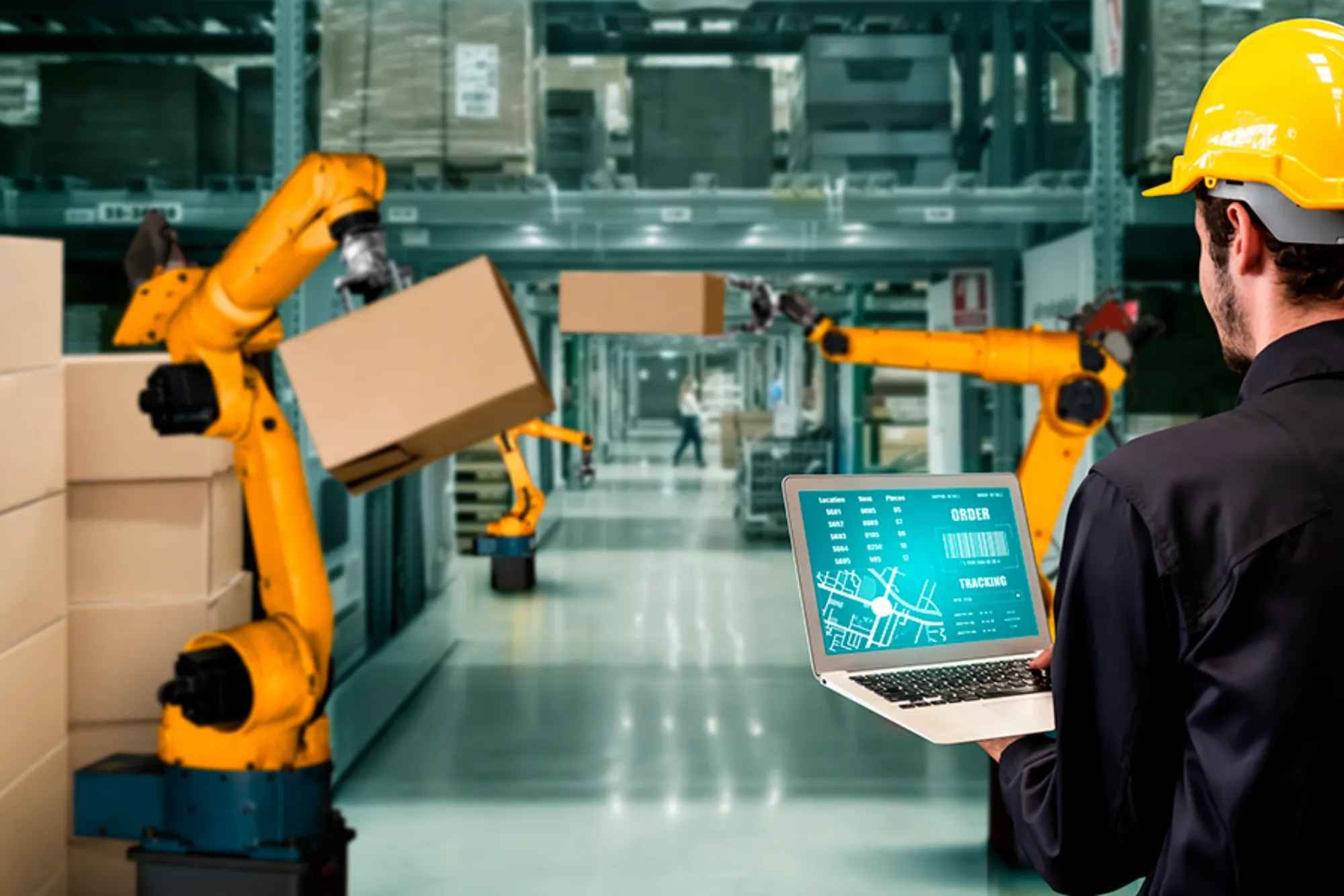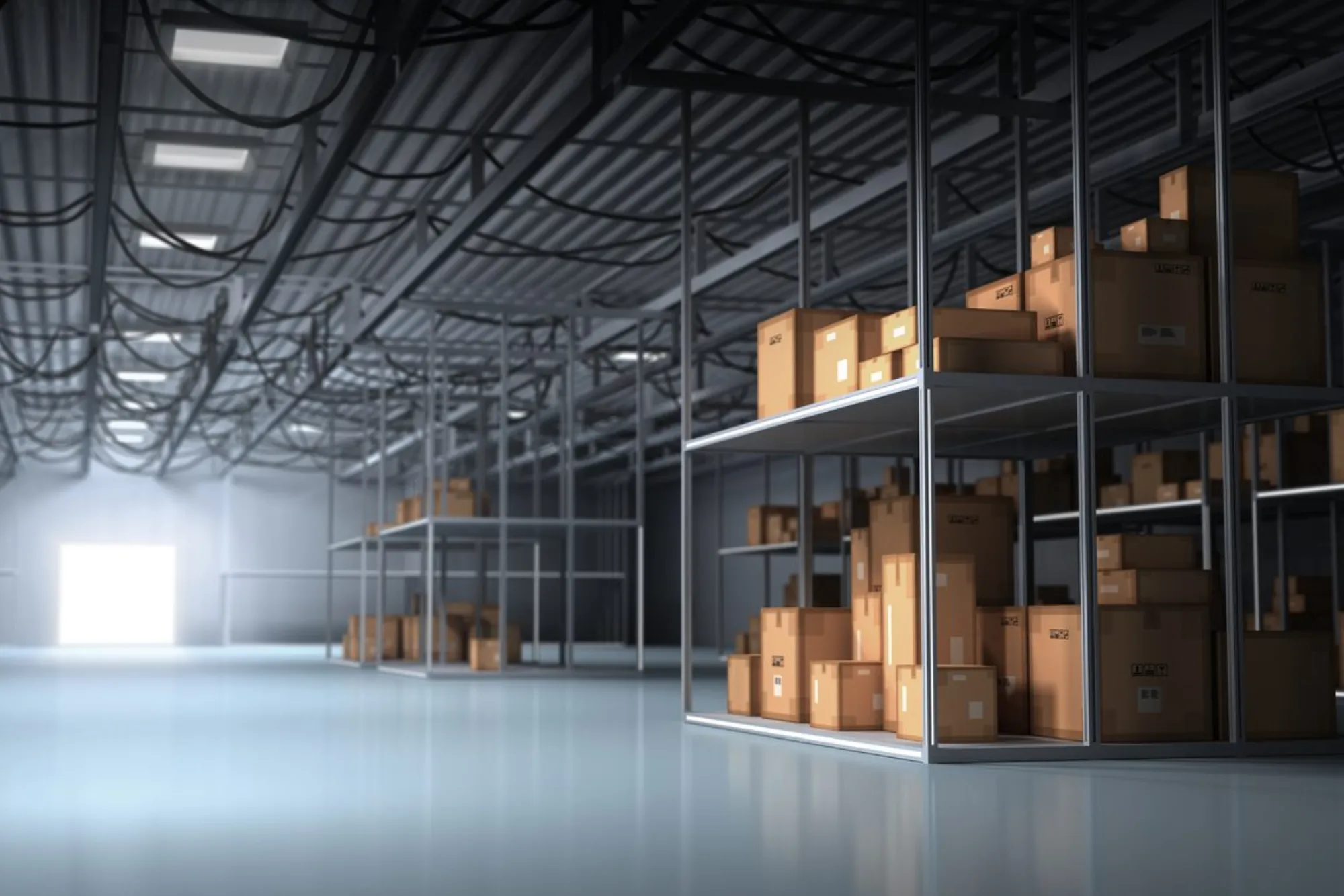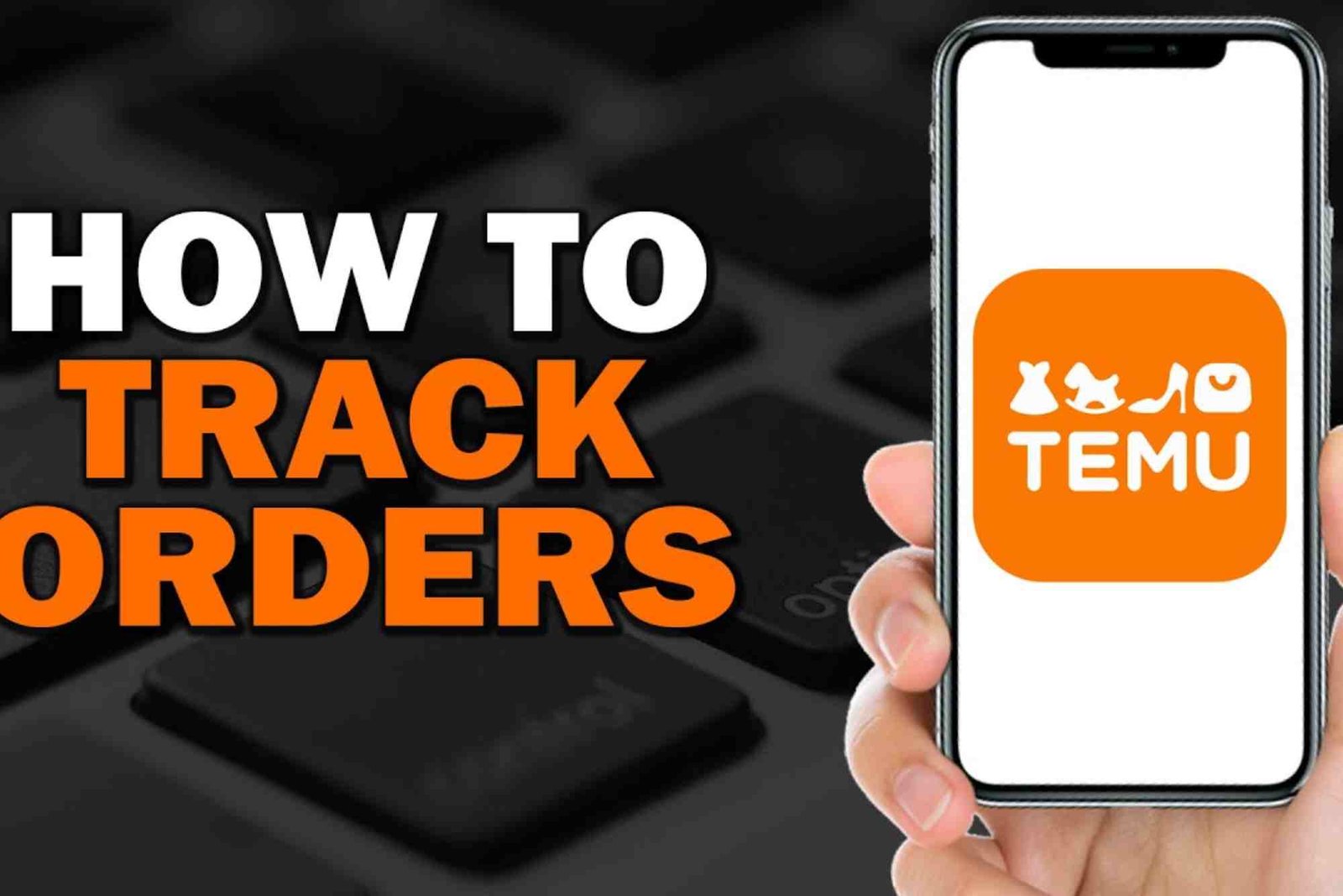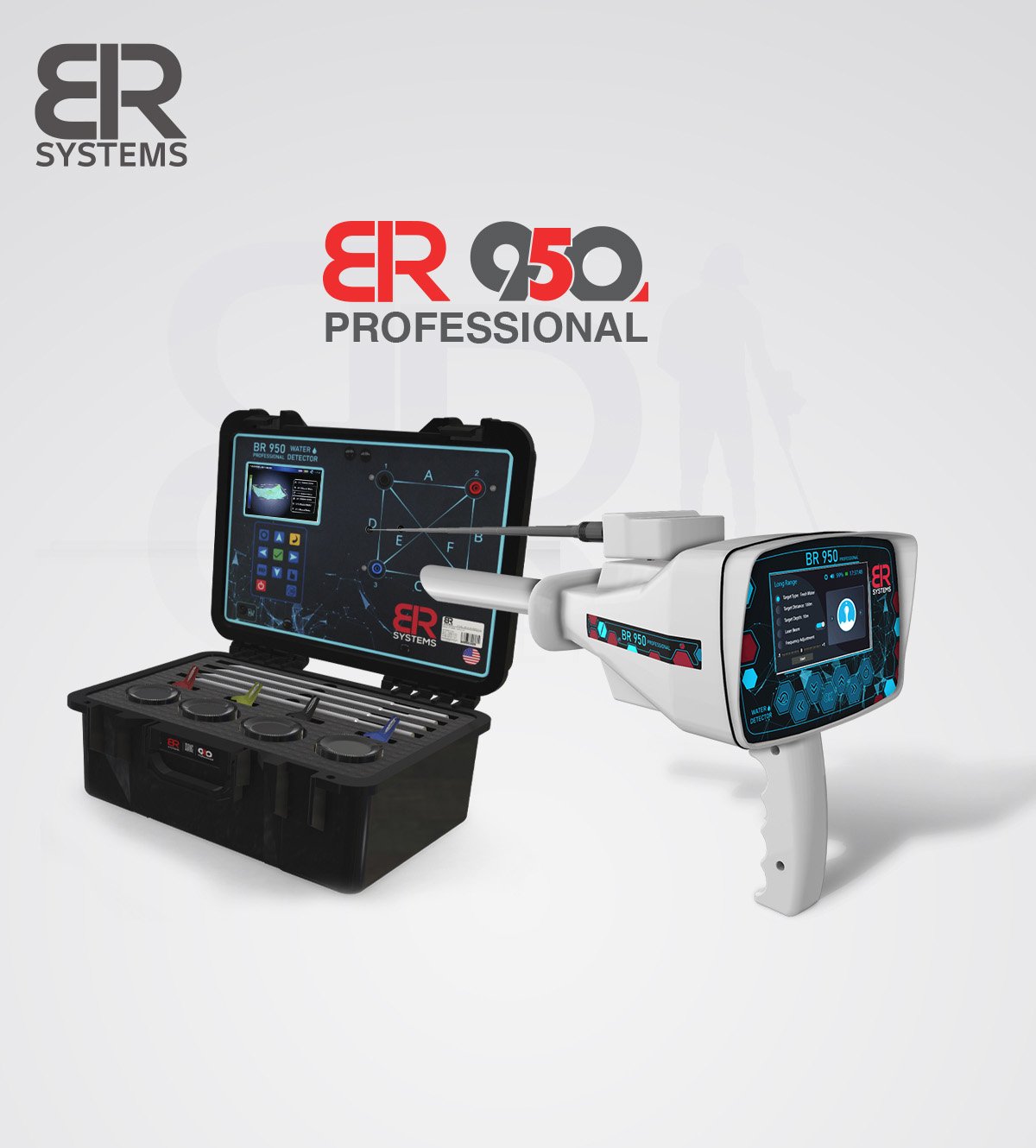In today’s fast-paced business environment, effective logistics management has become essential for companies to remain competitive. One of the most efficient ways to optimize supply chain operations is by utilizing 3PL services. These services, also known as third-party logistics providers, offer comprehensive solutions for managing warehousing, transportation, inventory management, and other key logistics functions. This guide will walk you through everything you need to know about 3PL services, their advantages, common functions, and how to select the right provider for your business.
What Are 3PL Services?
Third-Party Logistics (3PL) refers to outsourcing logistics and supply chain management to external service providers. A 3PL services provider handles various logistics functions such as inventory storage, transportation, fulfillment, and distribution on behalf of businesses. Instead of managing these functions in-house, companies can rely on 3PL partners to streamline their operations, improve efficiency, and reduce overhead costs.
3PL companies are especially useful for e-commerce businesses, manufacturers, and retailers looking to scale operations without investing heavily in warehousing infrastructure or fleet management. By partnering with a 3PL provider, companies can focus on their core business activities, leaving logistics to experts.
Key Functions of 3PL Services
The core functions of 3PL services revolve around providing seamless logistics support for businesses. These include:
Transportation Management
Transportation is the backbone of any logistics system. A 3PL provider manages all aspects of transportation, from shipping goods to customers, suppliers, or between warehouse locations. This includes freight forwarding, truckload shipping, LTL (less-than-truckload) shipping, and even last-mile delivery solutions.
Warehousing and Distribution
3PL providers offer warehousing solutions to store goods in strategic locations. Warehousing services may include inventory management, order processing, and packaging. A well-organized warehousing system ensures that products are readily available when needed, which speeds up the distribution process.
Order Fulfillment
Order fulfillment refers to the process of receiving, processing, and delivering orders to customers. This includes picking items from the warehouse, packing them securely, and ensuring they are shipped promptly. Efficient order fulfillment through 3PL services improves customer satisfaction by ensuring timely delivery.
Inventory Management
Maintaining optimal inventory levels is crucial for businesses to avoid stockouts or overstock situations. 3PL providers use advanced inventory management systems to track stock levels in real-time. This ensures efficient inventory control and forecasting, helping businesses reduce carrying costs while meeting customer demand.
Reverse Logistics
3PL providers also manage reverse logistics, which refers to the process of handling product returns, exchanges, and recycling. Properly managing returns is essential for maintaining a positive customer experience and minimizing losses due to defective or unwanted products.
Benefits of 3PL Services for Businesses

Outsourcing logistics to a third-party provider offers a wide range of benefits. Let’s explore how businesses can gain from partnering with a 3PL services provider:
Cost Savings
By outsourcing logistics, businesses can reduce the costs associated with owning and maintaining warehouses, transportation fleets, and labor. 3PL services providers leverage their economies of scale to provide competitive shipping rates, lower inventory costs, and reduced transportation expenses.
Scalability
A significant advantage of using 3PL services is scalability. Whether your business is experiencing peak seasons or sudden growth, a 3PL provider can adjust its services to meet the increased demand. You won’t need to worry about expanding warehouse space or hiring additional staff during busy periods.
Access to Expertise
3PL providers have deep industry knowledge and expertise in logistics management. They stay up-to-date with the latest technologies and regulations, allowing businesses to benefit from best practices in supply chain optimization. Their expertise ensures smooth operations, reduced delays, and fewer costly mistakes.
Focus on Core Business Activities
Logistics management can be time-consuming and resource-intensive. By outsourcing these functions to a 3PL provider, businesses can focus on their core competencies, such as product development, marketing, and customer service. This allows for better allocation of resources and increased business growth.
Advanced Technology
Many 3PL providers use cutting-edge technologies such as transportation management systems (TMS), warehouse management systems (WMS), and real-time tracking to improve logistics efficiency. These tools provide businesses with valuable insights into their supply chain performance and allow for better decision-making.
How to Choose the Right 3PL Provider

Selecting the right 3PL partner is crucial to ensure the success of your logistics strategy. Here are some factors to consider when choosing a 3PL services provider:
Industry Experience
Choose a 3PL provider with experience in your industry. They should understand the specific challenges and requirements of your business. For example, if you’re in the e-commerce space, look for a 3PL provider with expertise in handling online order fulfillment and returns management.
Range of Services
Ensure that the 3PL provider offers a comprehensive range of services that match your business needs. Some 3PL providers specialize in specific services, such as transportation or warehousing, while others offer end-to-end logistics solutions. Assess your requirements to determine which services are most important for your operations.
Technology and Innovation
Logistics technology plays a significant role in streamlining operations. Choose a 3PL provider that uses advanced technology for tracking shipments, managing inventory, and optimizing routes. This will give your business better visibility and control over the supply chain.
Scalability and Flexibility
Your business’s needs may change over time. Choose a 3PL provider that can scale its services according to your growth and adapt to fluctuations in demand. A flexible provider will help you expand into new markets or handle seasonal spikes without major disruptions.
Customer Support
Good communication and support are essential for a successful partnership. Choose a 3PL provider that offers reliable customer support and proactive problem-solving. They should be responsive to your inquiries and capable of resolving issues quickly to prevent disruptions in your supply chain.
Comparing 3PL vs. In-House Logistics
| Aspect | 3PL Services | In-House Logistics |
|---|---|---|
| Cost | Lower initial costs, as infrastructure is outsourced | High initial costs for building facilities |
| Scalability | Easily scalable based on demand | Limited by available resources |
| Technology Access | Access to cutting-edge logistics technologies | Requires investment in systems and training |
| Flexibility | Highly flexible with a wide network of partners | Less flexibility, limited to internal resources |
| Focus on Core Business | Frees up resources to focus on core business | Requires ongoing focus on logistics management |
| Expertise | Provides industry-specific expertise and knowledge | Relies on in-house knowledge and experience |
FAQs about 3PL Services
What types of businesses benefit from 3PL services?
Businesses of all sizes and industries can benefit from 3PL services, particularly e-commerce companies, manufacturers, and retailers. Any business looking to optimize its supply chain and reduce logistics costs can gain from outsourcing to a 3PL provider.
How do 3PL providers handle returns?
Most 3PL providers offer reverse logistics services, which include managing product returns, exchanges, repairs, and recycling. They ensure that the process is smooth for customers and cost-effective for businesses.
Is 3PL suitable for small businesses?
Yes, small businesses can greatly benefit from 3PL services. By outsourcing logistics, small businesses can reduce the need for large investments in warehouses and transportation, allowing them to focus on growth and customer satisfaction.
What is the difference between 3PL and 4PL?
While 3PL providers handle logistics operations like warehousing, transportation, and order fulfillment, 4PL providers manage the entire supply chain process, including selecting and managing 3PL providers on behalf of the business.
How can 3PL services improve customer satisfaction?
By providing timely and efficient order fulfillment, 3PL providers can ensure fast delivery, accurate tracking, and smooth returns, which ultimately lead to a better customer experience.
In today’s competitive market, businesses need to prioritize efficiency and cost-effectiveness in their logistics operations. 3PL services offer a comprehensive solution that allows companies to outsource critical logistics functions while benefiting from industry expertise, advanced technology, and scalability. Whether you’re a small e-commerce business or a large enterprise, partnering with the right 3PL provider can lead to streamlined operations, reduced costs, and improved customer satisfaction.










